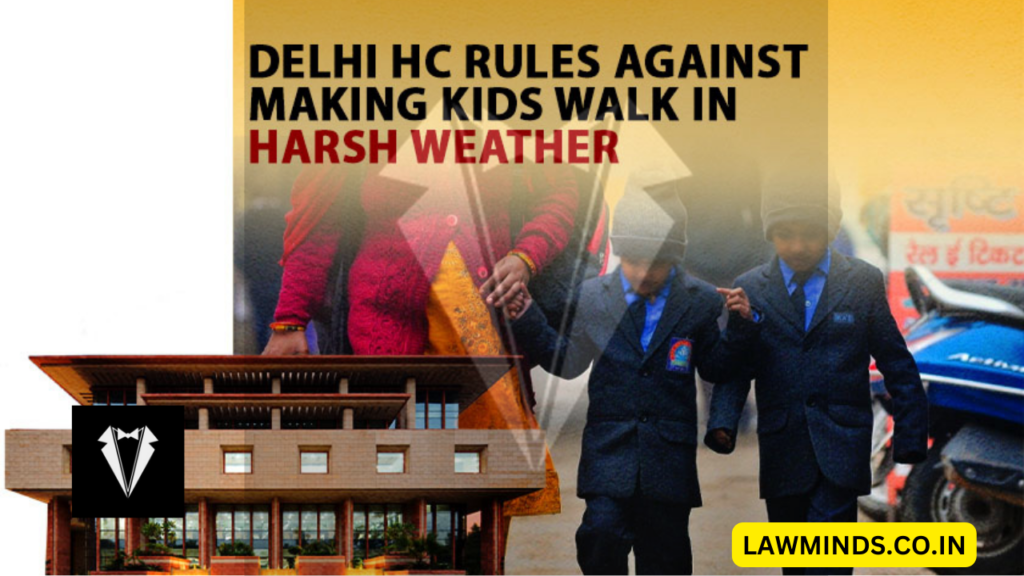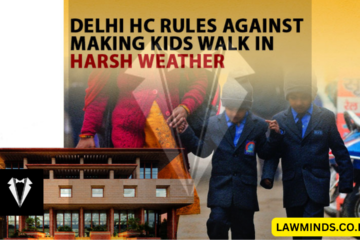
In a recent decision, the Delhi High Court has rejected a plea requesting parents of children attending a school in a Pashchim Vihar colony to drop off their children outside the colony gate in order to regulate traffic within the colony. The court emphasized that expecting primary school children to walk in adverse weather conditions from the school to the colony gate is impractical.
Justice Subramonium Prasad, heading the bench, instructed the petitioner seeking a review to engage with relevant authorities to address the traffic management issue outside the school. The petitioner was also directed to collaborate with local residents to find a solution, considering the problem’s limited duration.
The court was revisiting a prior order in response to a plea by Eden Castle School, where the court had disposed of the school’s request to open colony gates for the entry and exit of school children. The court allowed the school to approach again if the gates were closed, causing hindrance to students, parents, teachers, and staff members.
The review petition aimed to alter the court’s order by urging parents using private cars to drop their children outside the colony, while the school was urged to deploy security personnel to manage traffic congestion. However, the Delhi High Court dismissed the plea, highlighting that the school operated within authorized parameters in an area designated for educational purposes.
The court emphasized that the convenience of colony residents should not outweigh the interests of the broader public. It stated that the petitioner’s colony was not unique in having a school within its premises. Justice Subramonium Prasad, presiding over the single-judge bench, asserted that the review petition lacked any apparent errors and declined to entertain it, noting that it seemed an attempt to re-argue the case.
While acknowledging the traffic rush during school opening and closing times, the court suggested that the petitioner approach authorities to manage the traffic flow during these periods. It underscored that obstructing the school’s ingress and egress could lead to problems for both the school and the general public.
However, the court acknowledged the concern raised by the review petition regarding cars remaining within the colony throughout the school hours. It stated that such a practice could not be allowed and suggested addressing this issue separately. The review petition had contended that the school contributed to traffic congestion in the colony due to parents parking their cars on nearby roads. According to the RWA records, the area had 419 registered members and 56 tenants, with 475 families residing around the school.



